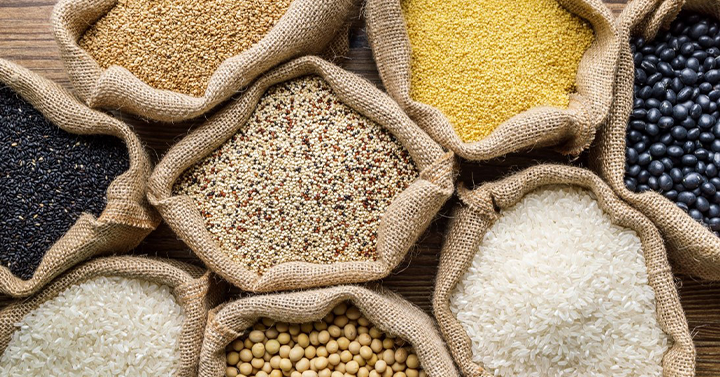This highlights report features select excerpts from Kline’s upcoming, in-depth study, "Seed Treatment: Global Market Analysis" and summarizes several of the key developments that are expected to continue powering the market. Among them:
- Neonicotinoid ban: The European Union (EU) ban on key seed treatment ingredients, such as clothianidin, imidacloprid, and thiamethoxam, leaves farmers with few alternatives
- Surge in biological ingredients usage: Biopesticide seed treatments are forecast to grow by 9.3% annually over the next five years. Biostimulant seed treatments (including inoculants) are forecast to grow by 7.8% in the next five years.
In addition, acquisitions -- such as FMC acquiring Cheminova and Nufarm acquireing ag assets from Adama and Syngenta -- are spotlighted. Also highlighted are new product launched in recent years, such as Syngenta's SALTRO, a new seed treatment fungicide containing ADEPIDYN SALTRO that provides control of diseases such as Blackleg in canola, Sudden Death Syndrome (SDS) in soybeans, and Bakanae in rice, and Bayer's Acceleron brands, which include Acceleron Elite and Acceleron Basicis, a fungicide treatment to protect against fusarium, pythium, and rhizoctonia solani.
"Seed Treatment: Global Market Analysis" will provide an evaluation of the seed treatment pesticide market by leading crops globally; an understanding of which pests/diseases are treated using seed treatments by crop and country; an overview of the polymers and seed coatings used by crop and country; an understanding of biologically based ingredients used in seed treatments; sales of leading brands and the main active ingredients used by crop and country; and an assessment of the current and future outlook for key product categories and end-use segments. It is scheduled for publication in Q1 2024.
STAY INFORMED WITH RELATED REPORTS
-
Professional Pest Management Markets for Pesticides: Market Analysis and Opportunities
-
Global Biopesticides: Natural Pesticides in Emerging Markets
-
Plant Growth Regulators: U.S. Market Brief
-
Professional Turf and Ornamental Market for Pesticides and Fertilizers: U.S. Market Analysis and Opportunities
-
Mosquito Control: U.S. Market Analysis and Opportunities
-
Rodent Control: U.S. Market Analysis and Opportunities
-
Global Rodent Control: Country Analysis and Opportunities
-
Strategies to Mitigate Weed Resistance to Herbicides: U.S. Market Analysis and Opportunities
-
Crop Protection Manufacturers Summary: U.S. Competitive Analysis
-
Biostimulants and Biofertilizers: Global Overview of the Market and Use

